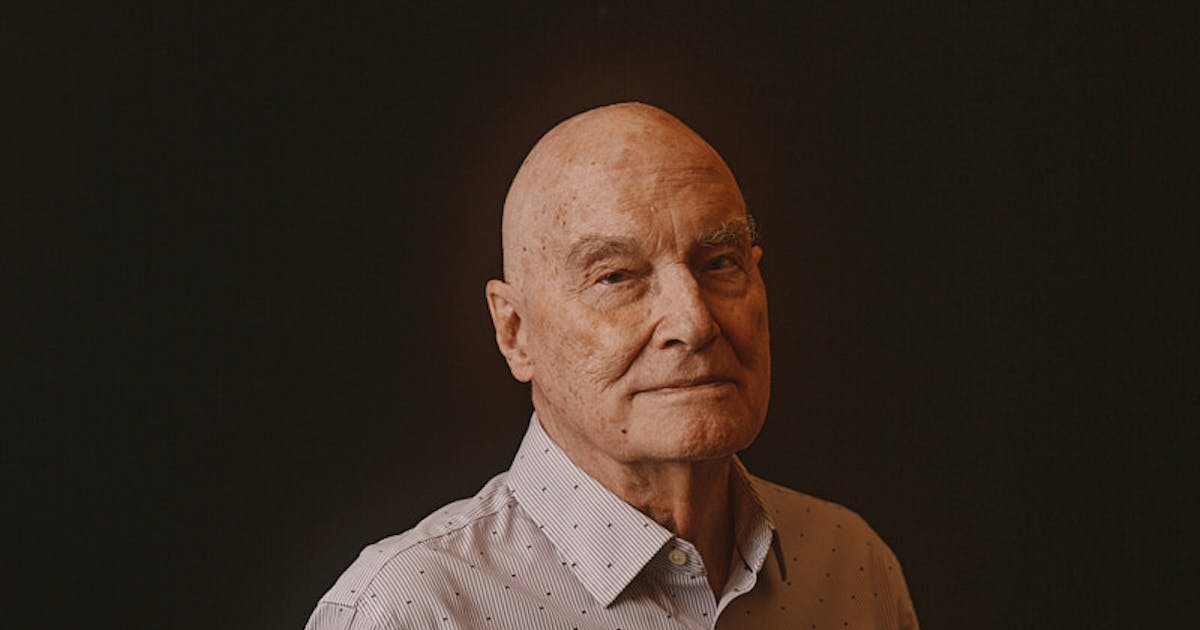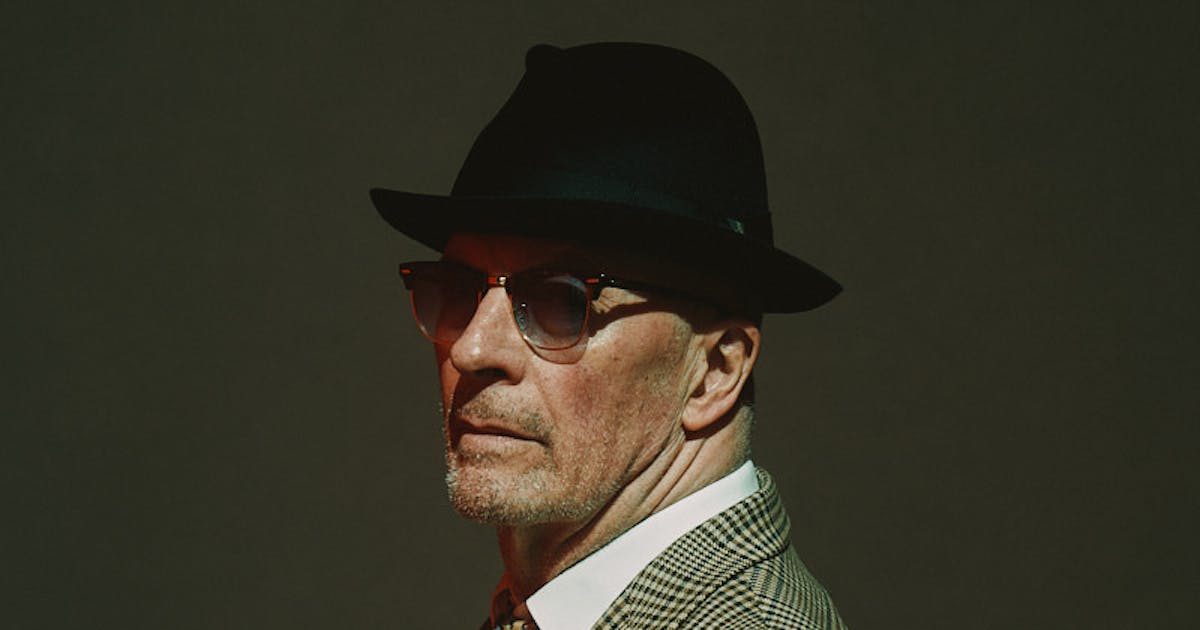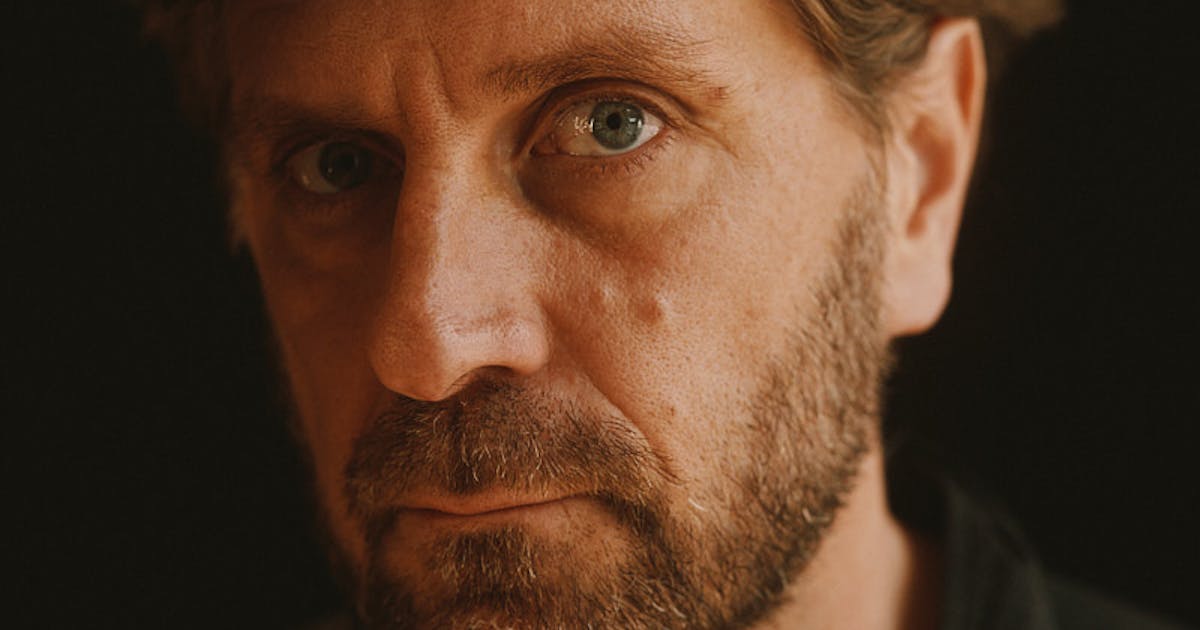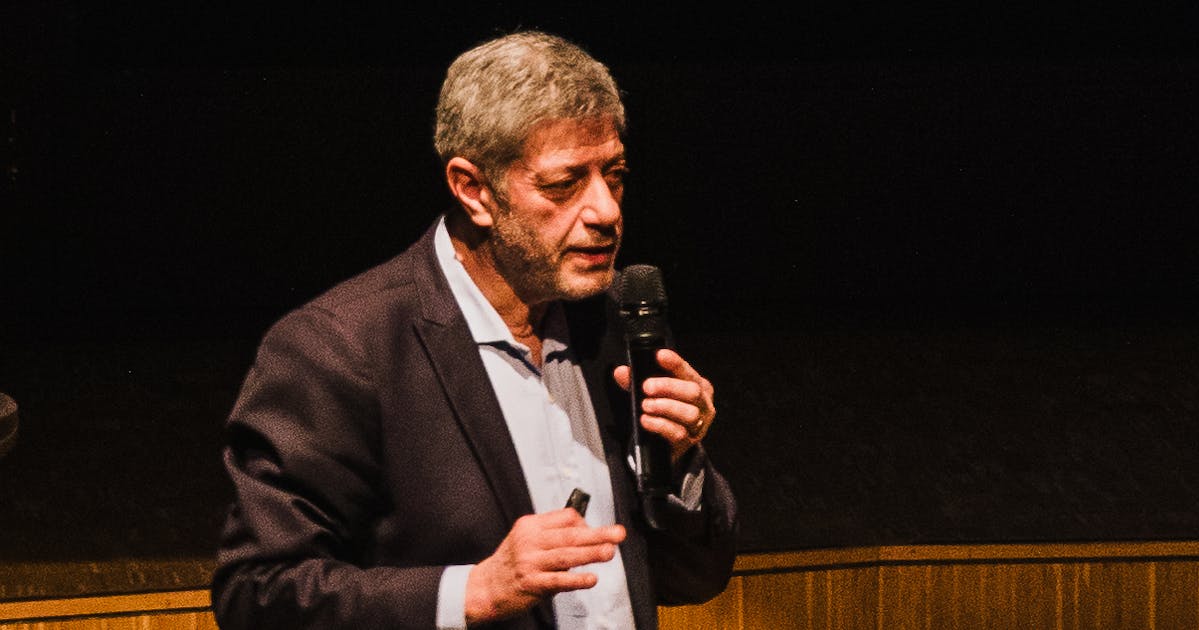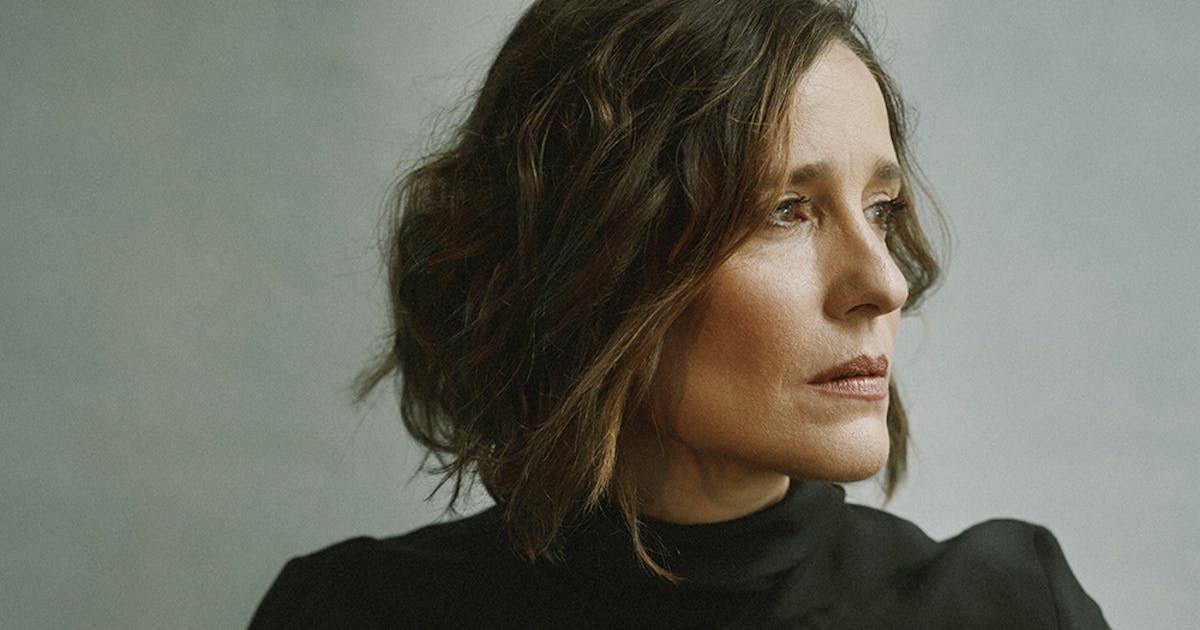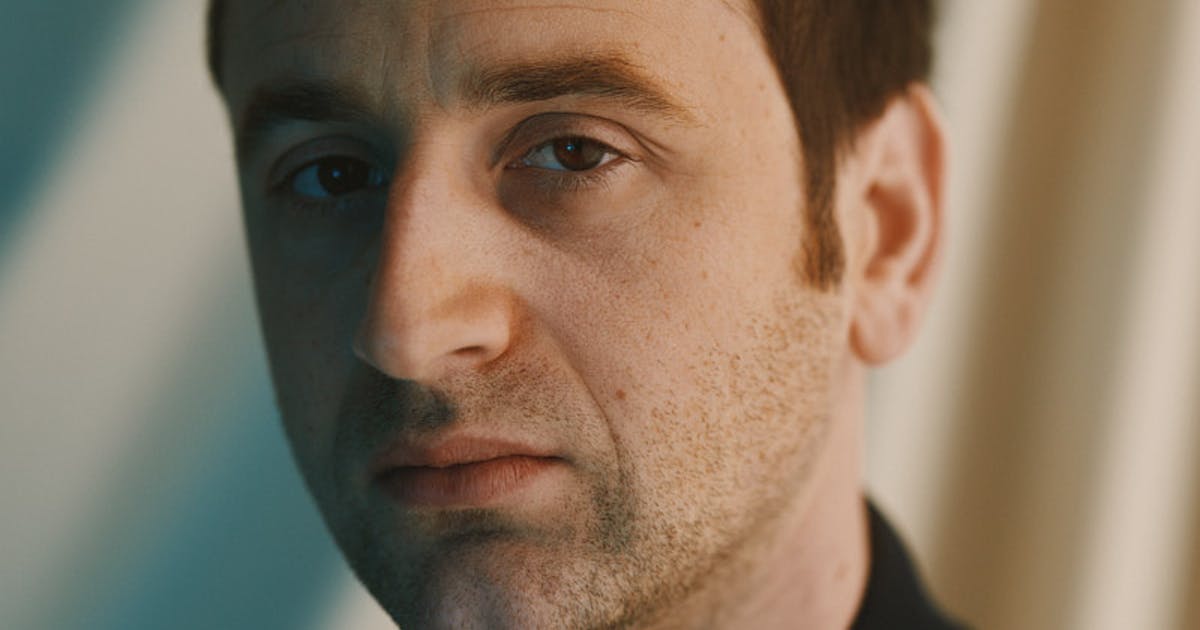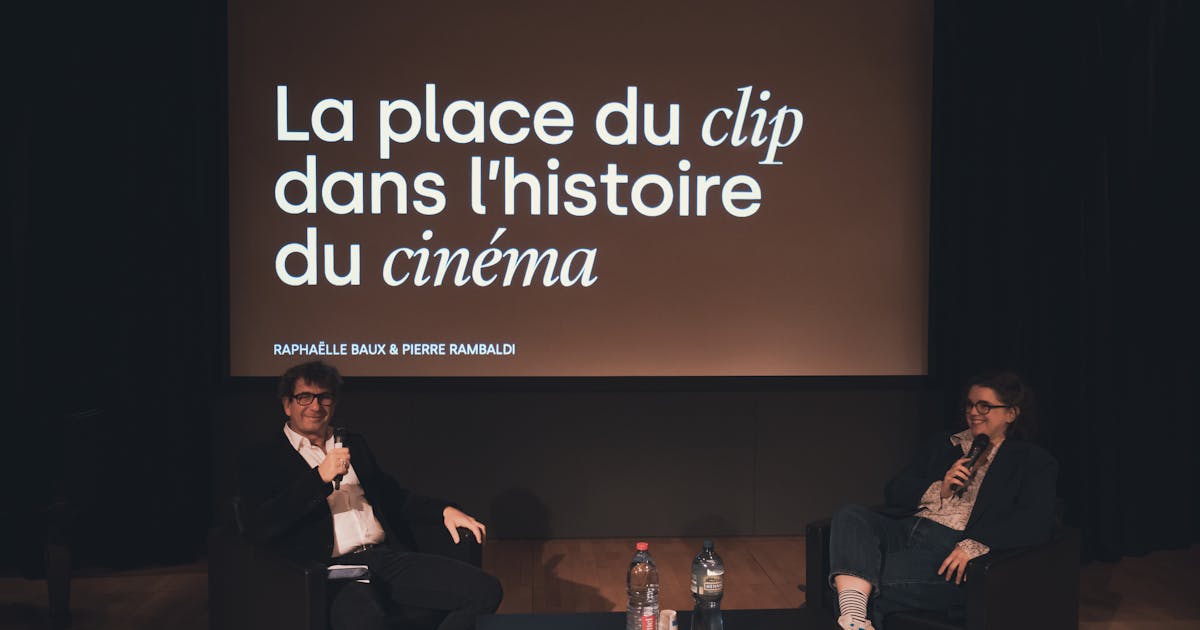About the 7th edition
100%
CURTAIN
Claude Lelouch, a life in cinema
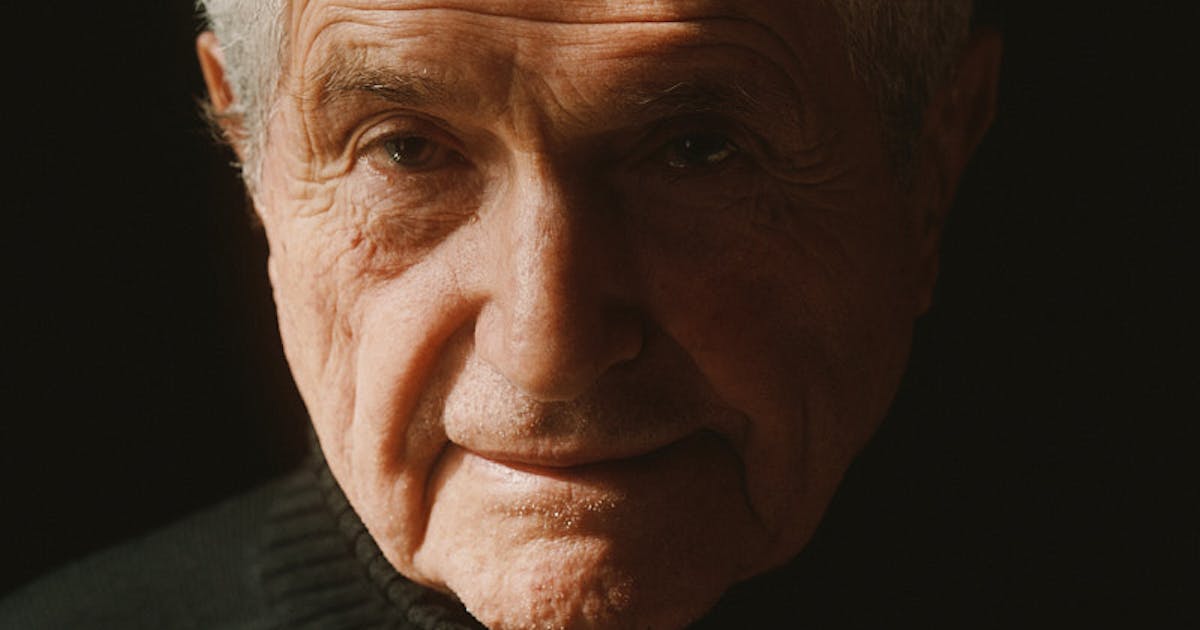
Claude Lelouch's passion for the seventh art began while hiding out in cinemas during the Occupation. In 1957, while working as a news cameraman, he went to Moscow to secretly film moments of life in the USSR. During this reportage, Claude Lelouch found himself by chance at Mosfilms Studios, on the set of the film that gave him a taste for directing: Mikhaïl Kalatozov's "When the Storks Pass".
In 1960, he made his first feature film, Le propre de l'homme, which was a critical and public flop. With the money he earned from making hundreds of scopitones (the forerunner of the music video) and advertising films, he financed a few unsuccessful feature films... 1966. ‘Un homme et une femme’, starring Anouk Aimée and Jean-Louis Trintignant, won him a Palme d'Or at Cannes, two Oscars and forty international awards. Carried off to triumph, then booed on the Croisette, then crowned in Hollywood, Claude Lelouch alternated successes and failures as he pursued his idea of cinema, making ‘a popular auteur film’. In almost 60 years, Claude Lelouch made some fifty films.
In 2018, Claude Lelouch reunites with Anouk Aimée and Jean-Louis Trintignant in ‘Les plus belles années d'une vie’, the epilogue to his film ‘Un homme et une femme’.
As in 1966, the music was composed by Francis Lai, his favourite composer.The film will be presented at the Cannes Festival (official selection, out of competition) in 2019.
He was one of our special guests this year for a conversation moderated by Frédéric Maire (Director of the Cinémathèque Suisse) following the screening of his film ‘Les Uns et les Autres’ on Saturday 9 March at Le Capitole.
Relive his meeting with Frédéric Maire (Director of the Cinémathèque Suisse) and the interview with the director on our YouTube channel.




